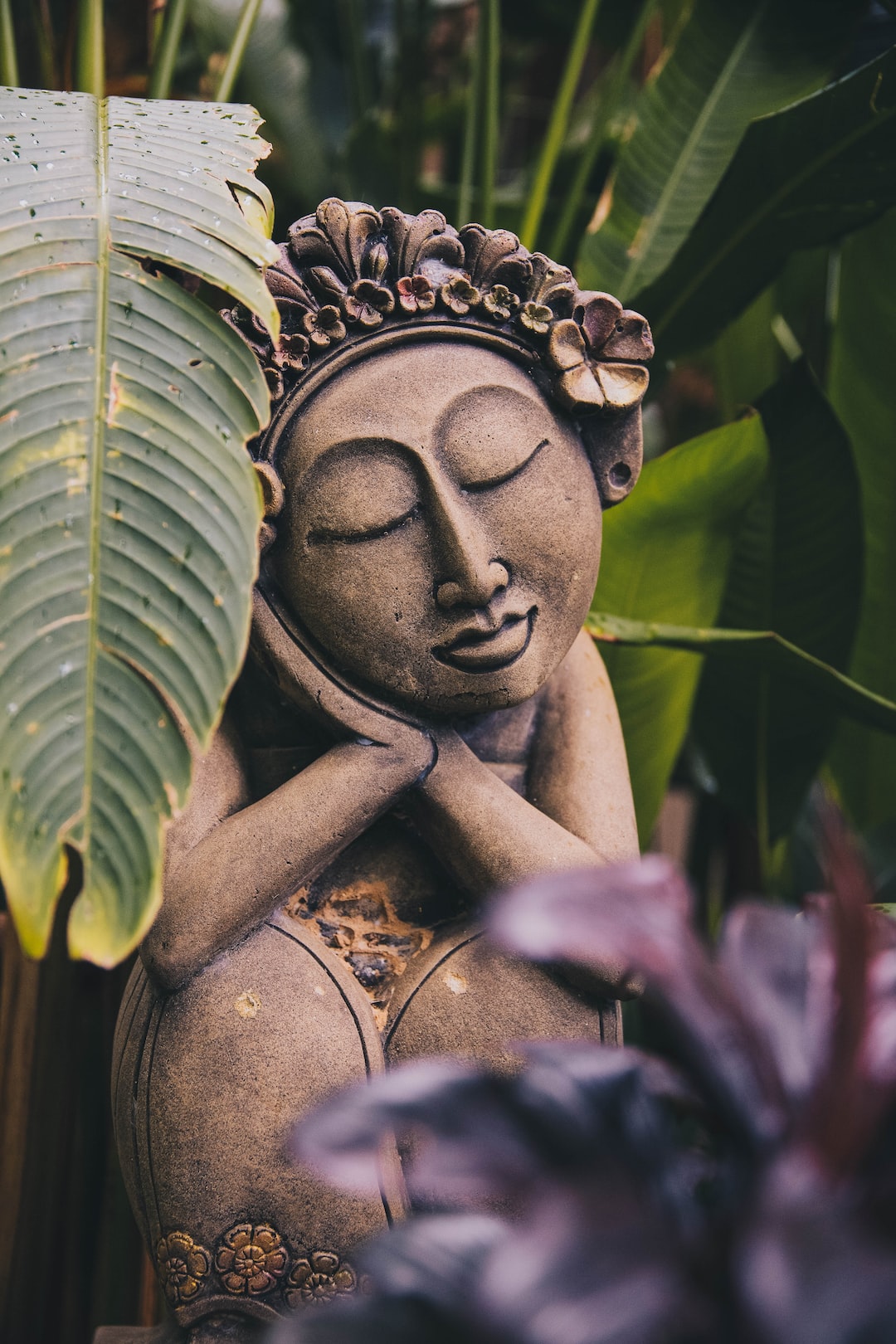Exploring Different Types of Mindfulness Practices
In today’s fast-paced world, finding moments of peace and self-awareness can feel like a luxury. However, practicing mindfulness has proven to be an effective way to cultivate a sense of calm and inner focus amidst the chaos. Mindfulness is the practice of paying attention to the present moment, intentionally and without judgment. It allows us to become more aware of our thoughts, emotions, and sensations, promoting overall well-being and reducing stress. While mindfulness can be incorporated into our daily lives in various ways, exploring different types of mindfulness practices can help us find methods that resonate deeply with our individual needs and preferences.
1. Meditation:
When we think of mindfulness, meditation is often the first practice that comes to mind. Meditation involves sitting quietly and focusing on the breath, bodily sensations, or a specific object of contemplation. It provides an opportunity to observe our thoughts and emotions without getting caught up in them. Mindful meditation can be practiced in various forms like loving-kindness meditation, breath awareness meditation, or body scan meditation.
2. Mindful Walking:
For those who struggle with the concept of sitting still, mindful walking can offer an alternative way to practice mindfulness. It involves bringing awareness to the sensations of walking – the feeling of the feet touching the ground, the movement of the body, and the breath. Engaging our senses while walking, such as noticing the sights, sounds, and smells around us, helps us stay present and attuned to the environment.
3. Mindful Eating:
In a world driven by multitasking and quick meals, mindful eating invites us to slow down and savor our food. It involves paying full attention to the entire process of eating – from choosing the food to chewing and swallowing. Being aware of the flavors, textures, and smells of each bite helps us cultivate gratitude for the nourishment we receive and encourages healthier eating habits.
4. Body-Based Mindfulness:
Our bodies are constantly providing us with information about our emotions and overall well-being. Body-based mindfulness practices, such as yoga or Tai Chi, allow us to bring awareness to physical sensations, gently stretching and moving our bodies while focusing on the breath. These practices help us connect the mind and body, promoting relaxation and reducing stress.
5. Mindful Journaling:
Journaling can be a powerful way to explore our thoughts, feelings, and experiences. Mindful journaling involves writing without judgment, allowing the thoughts and emotions to flow freely onto the paper. By observing our thoughts on the page, we can gain clarity, process emotions, and cultivate self-compassion.
6. Mindful Listening:
In our busy lives, we often listen with the intention to respond while missing important aspects of the conversation. Mindful listening involves fully engaging with the speaker, paying attention to their words, tone, and body language. By becoming attentive listeners, we can build stronger connections with others, foster empathy, and deepen our understanding.
7. Mindful Digital Detox:
In the age of constant connectivity, taking a break from technology can be a powerful act of mindfulness. A mindful digital detox involves setting aside dedicated time to disconnect from the virtual world. By redirecting our attention to the present moment and engaging in offline activities, such as reading a book, spending time in nature, or practicing a hobby, we can nurture a sense of peace and restore balance in our lives.
Incorporating mindfulness practices into our lives is crucial for our overall well-being. Exploring different types of mindfulness practices allows us to find techniques that resonate with us on a deep level. Whether it’s through meditation, mindful walking, mindful eating, body-based practices, journaling, mindful listening, or digital detox, each practice offers its own unique benefits. By making mindfulness a part of our daily routine, we can cultivate inner peace, reduce stress, and navigate life’s challenges with greater clarity and resilience.


